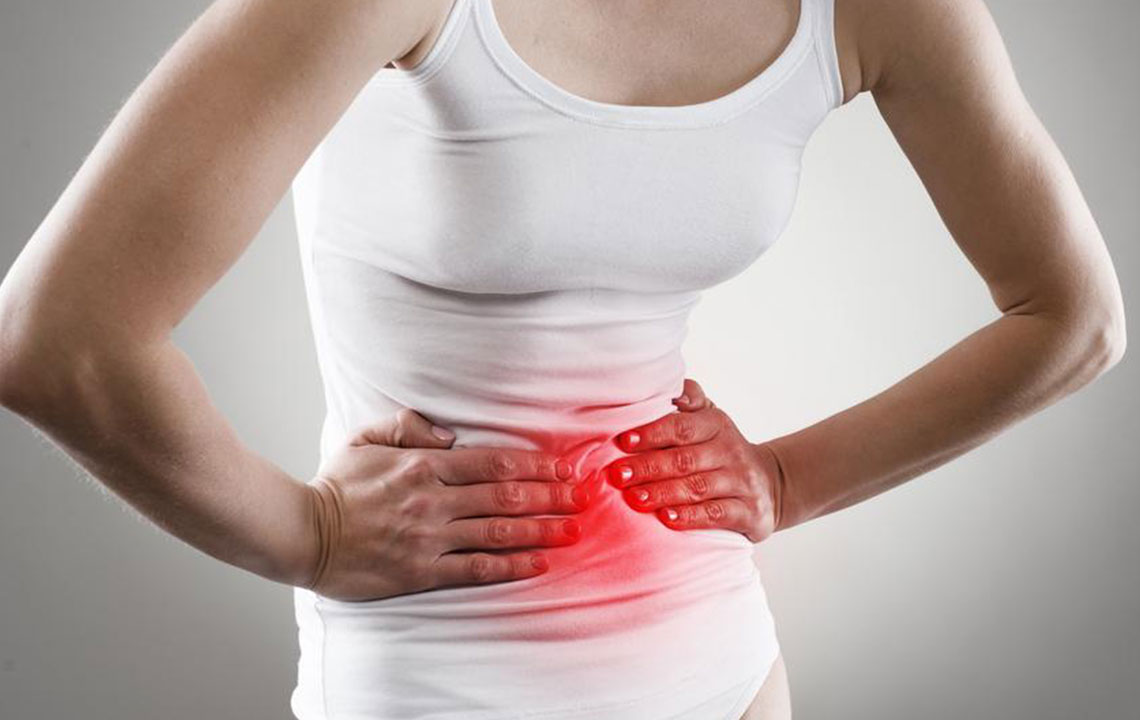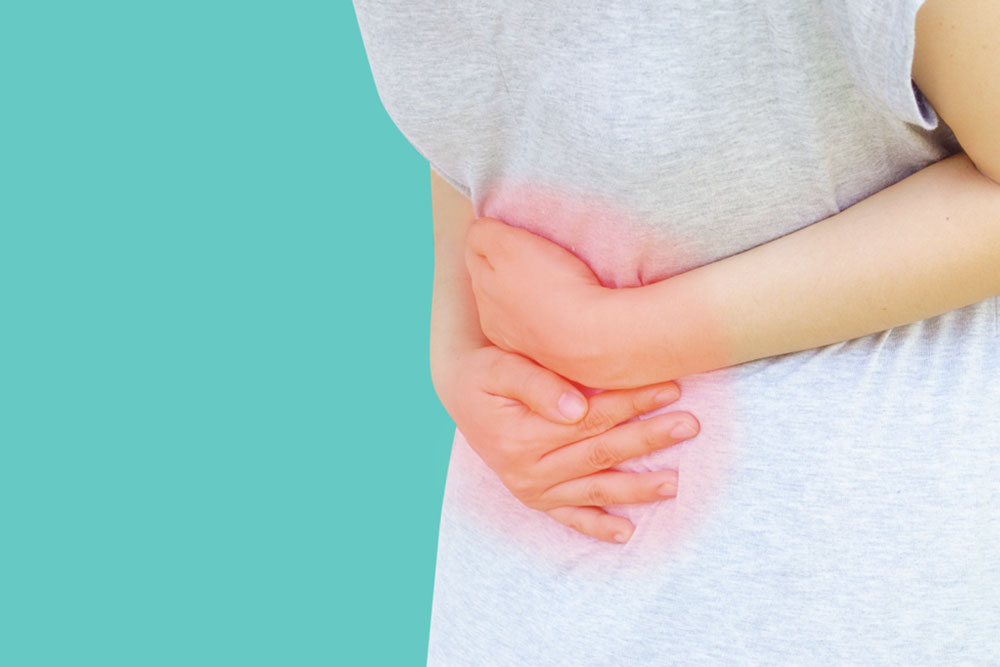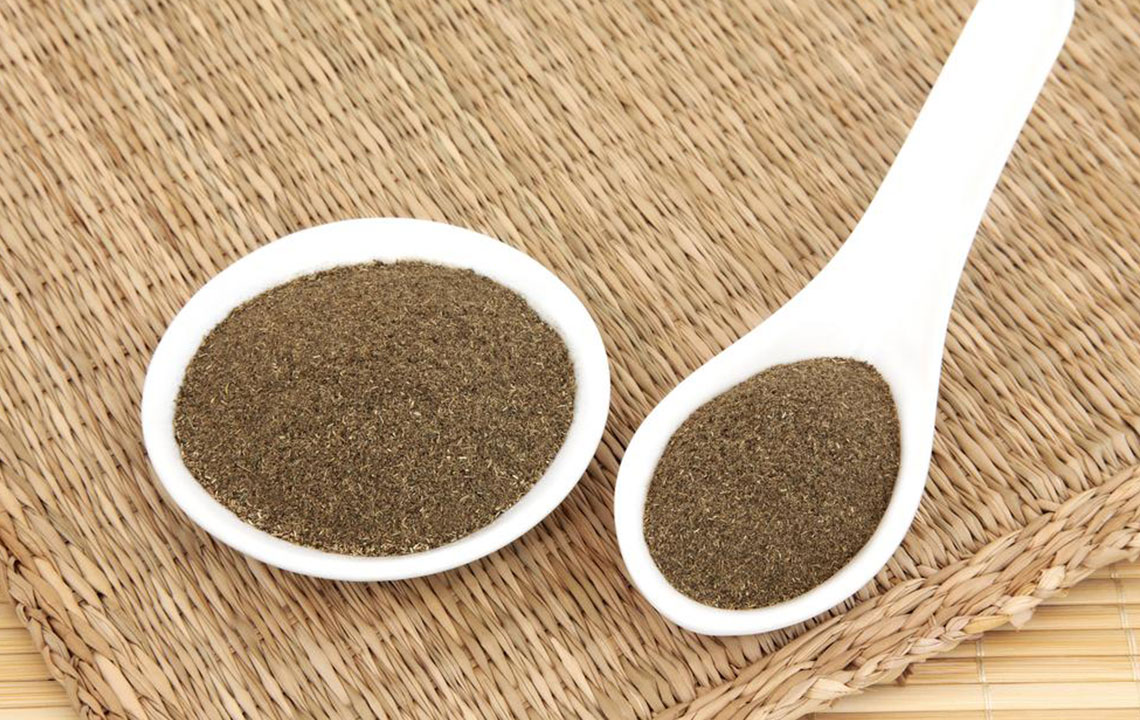Effective Strategies to Alleviate Gas-Induced Stomach Discomfort
Discover practical and natural methods to relieve stomach discomfort caused by gas and bloating. From dietary changes to home remedies and recognizing underlying health issues, this guide provides effective solutions to improve digestion and reduce abdominal pain.
Sponsored

Experiencing stomach discomfort from gas and bloating is common and often dismissed as minor issues. However, persistent bloating can mask underlying health concerns. Gas naturally forms during digestion, but when it isn't expelled through belching or flatulence, it results in uncomfortable bloating. Here are practical tips to relieve stomach pain caused by excess gas and bloating.
Immediate relief options
Allow yourself to pass gas: Avoid suppressing the urge to fart, as this will cause gas buildup and worsen bloating. Find a private space if possible, or try walking or relaxing your abdominal muscles to facilitate release.
Drink soothing teas: Chamomile or peppermint tea can calm the stomach and support digestion. Steep the tea bags in hot water and sip slowly for best results.
Use activated charcoal: Supplements containing activated charcoal may help absorb excess gas and reduce cramps. Consult your healthcare provider before use, especially if you're on medications.
Apply warmth: Placing a hot water bottle on the stomach can provide quick relief by relaxing intestinal muscles and easing pressure.
Adopt lifestyle modifications
Avoid gas-triggering foods: Foods such as beans, peas, cruciferous vegetables, dairy, artificial sweeteners, and fizzy drinks can cause bloating in sensitive individuals. Monitor your intake and note how your body responds.
Modify eating habits: Eat protein-rich foods before consuming carbohydrates to prevent excessive fermentation. Taking hydrochloric acid supplements might also support digestion.
Practice mindful eating: Smaller, well-chewed meals reduce swallowed air and slow down eating, decreasing bloating chances.
Opt for gluten- or dairy-free diets: Replace lactose-rich dairy with plant-based alternatives and choose gluten-free grains to minimize digestive discomfort.
Limit sugar and simple carbs: Sugary foods and artificial sweeteners can disturb digestion and promote bloating. Consider reducing these in your diet.
Include healing herbs: Ginger, peppermint, dill, basil, caraway, parsley, and cumin possess properties that facilitate gas expulsion. Consume in natural form for maximum benefit.
Incorporate fermented foods: Yogurt, kefir, kimchi, sauerkraut, and tempeh contain probiotics that support gut health and digestion, alleviating discomfort.
Use over-the-counter aids: Lactase supplements help those with lactose intolerance, while Beano aids in digesting beans and fibrous vegetables. Use as directed before meals.
Identify underlying conditions
Irritable bowel syndrome (IBS): Causes cramping, bloating, and altered bowel movements.
Leaky gut syndrome: Permeability in the gut lining allows toxins to enter the bloodstream, leading to bloating and other symptoms.
Celiac disease: An intolerance to gluten causes malabsorption and digestive issues.
Crohn’s disease: A serious inflammatory bowel condition requiring medical management.






